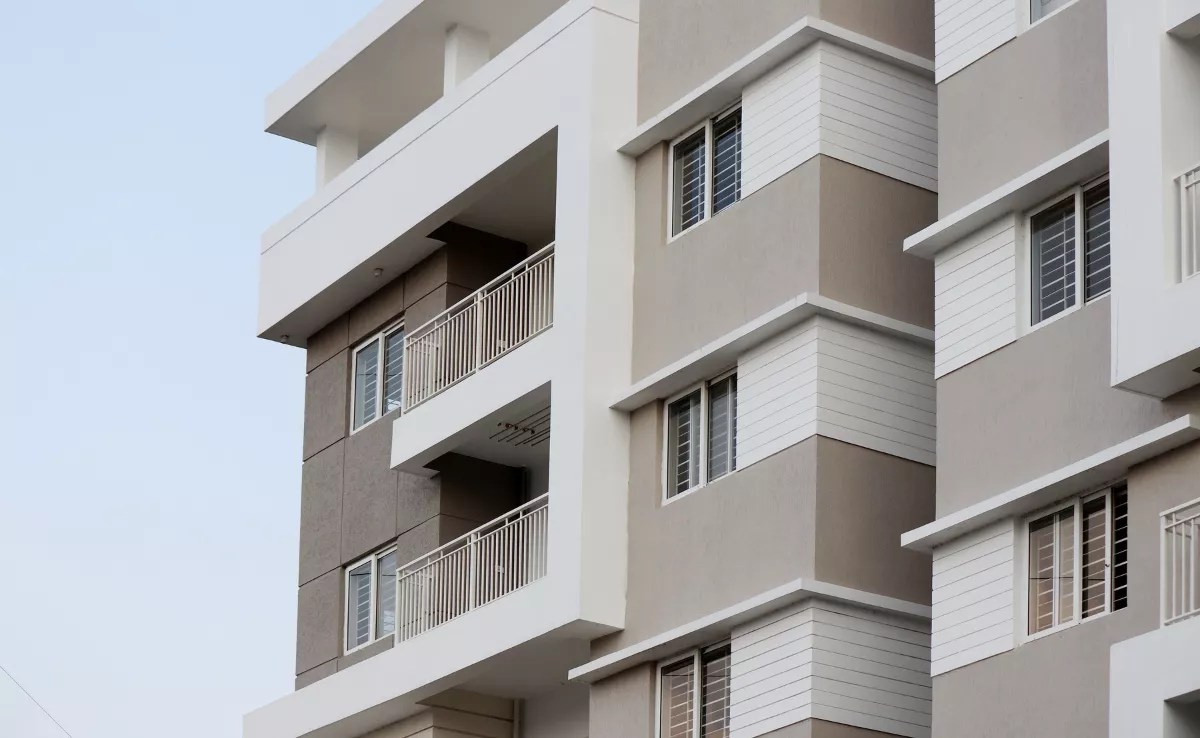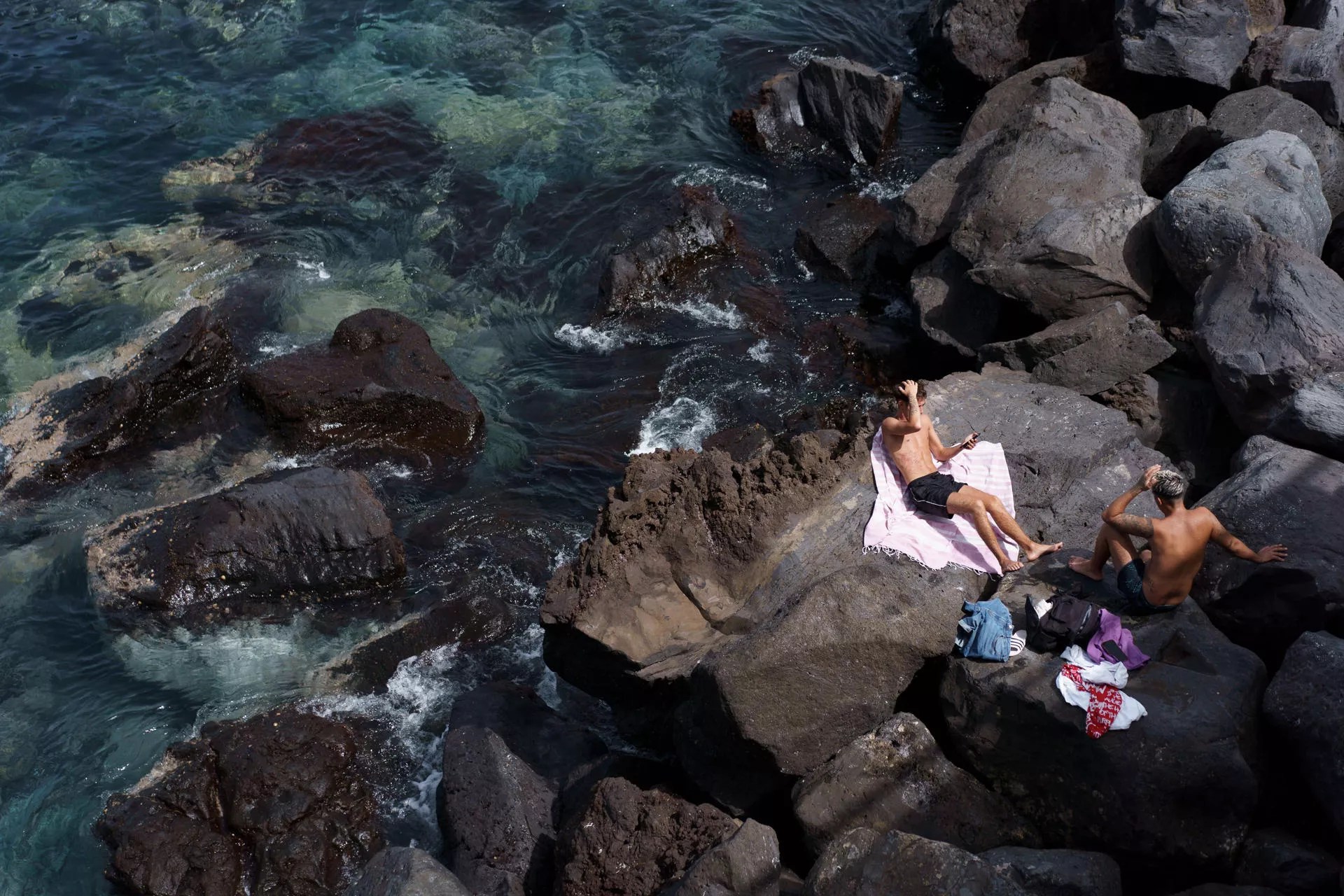
SANTA CRUZ DE TENERIFE, 30th April (EUROPA PRESS) –
The president of the Cabildo of La Palma, Sergio Rodríguez, took part in the 1st Island Councils Presidents Conference, held at the regional Parliament, where he stressed the importance of implementing specific actions for the island to ensure and provide legal certainty to the recovery process.
Sergio Rodríguez highlighted the necessity of making bold decisions that take into consideration the unique characteristics of La Palma compared to the rest of the archipelago, especially in terms of population growth, economic and tourism development, and most importantly, social recovery of La Palma.
“La Palma is in a different situation,” emphasised Rodríguez, pointing out the issues such as “limited population growth and an ageing population.” “These factors also hinder the growth of key sectors essential for the island’s development,” he added.
Additionally, he highlighted the requirement for La Palma to address its situation in a dual manner, first by supporting those affected by the volcanic eruption, and then by establishing an economic development model focused on sustainable tourism and the knowledge economy.
Furthermore, Sergio Rodríguez stressed the importance of creating opportunities for the youth. He stated that establishing a knowledge hub on the island, including the development of a University Campus, is crucial. This initiative aligns with the demand to decentralise public university centres in the Canary Islands as a means of promoting social equality, along with a commitment to dual training. This also involves giving a significant boost to the Los Llanos de Aridane centre, in addition to creating supporting infrastructures to facilitate the establishment of this technology hub, building upon the existing ones in La Palma.
The Cabildo president also highlighted the necessity for communication infrastructure and, crucially, a housing policy that ensures the community’s roots and the opportunity for residents to stay on the island, not only for the younger generation but also for those impacted by the Tajogaite volcanic eruption.
TOURISM DEVELOPMENT.
Regarding tourism, he mentioned the importance of committing to the island’s tourism development, “learning from past mistakes to unlock new possibilities”, while focusing on sustainability to achieve energy and water autonomy for the region, thus combatting the island’s impoverishment.
He also called for special treatment for La Palma in terms of tourism, particularly in regulating holiday homes on the island and implementing incentive policies from a taxation perspective, promoting housing, technological innovation, and a clear dedication to improving overall infrastructure.
Additionally, he underlined the necessity for the decentralisation of educational and research services and infrastructure, with a focus on innovation and the knowledge economy as essential drivers to advance social development and economic recovery on the island.
In his address, the President of La Palma advocated for comprehensive efforts in territorial planning and protection, to tackle the demographic challenge and ensure sustainable population growth, supported by well-planned public services and appropriate infrastructure.
Finally, Sergio Rodríguez expressed gratitude to the regional president, Fernando Clavijo, for the opportunity presented by hosting this meeting, stating that it allows progress in the revision of the territories’ growth model, looking beyond short-term objectives.
In this context, he highlighted the importance of collaboration and cooperation between public authorities, private entities, and citizens as a strategy to tackle the demographic challenges across the entire archipelago, particularly in La Palma.
















